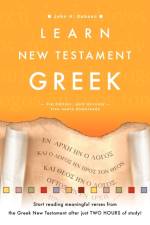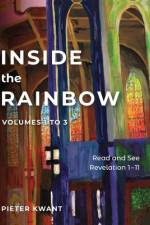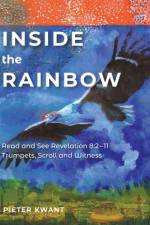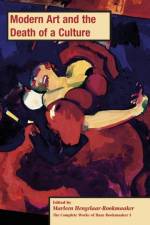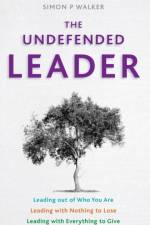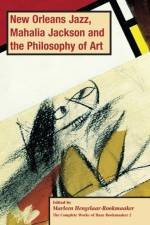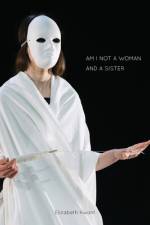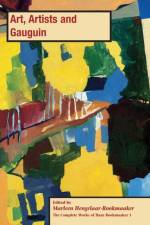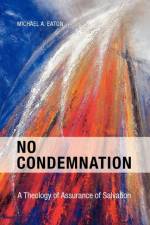377
Why is the publication of these writings so important? What doesRookmaaker''s legacy have to offer us in the new millennium?First, his books and essays stand as a monument to the importance ofrigorous Christian art-historical scholarship. For many years Professor ofArt History at the Free University of Amsterdam, Rookmaaker was afastidious scholar. Today, when a postmodern fascination with all things''aesthetic'' and ''spiritual'' can easily engender scholarly carelessness andan ignorance of specific artworks, Roomaaker reminds us that Christiancommitment must never be used to avoid the kind of precise,intellectual engagement which is so evident in his written words, apainstaking attentiveness to the details of particular pieces of art, and tothe particularities of society and culture in which they are embedded.Second, we are reminded of the importance of breadth as well as depth.Rookmaaker''s interests ranged far beyond the visual arts. He had afascinated interest, for instance, in music (especially the spiritualsand jazz), and in broader cultural concerns (youth culture, scientificdiscovery, and much more). In an age of increasing specialization andblinkered vision, Rookmaaker shows us that it is quite possible to be aspecialist and to be alert to the links between these specialisms andmuch wider issues. Third, Rookmaaker sets the arts in the midst of a richand full-blooded Christian world view. For him it was not good enoughto claim that the arts are important for the Christian, and then justifythis with a few verses carelessly plucked from Scripture. We need todemonstrate carefully what place the arts have in the grand and sweepingpurposes of God for history, and it was to Rookmaaker''s immensecredit that for thousands he made this breathtakingly clear. In a climatewhen the contribution of a distinctively Christian perspective on the artsis so often ruthlessly marginalized, often to the point of extinction,Rookmaaker''s voice is one we sorely need to hear. Fourth, nourished bythe Dutch Neo-Calvinist philosophy of Dooyeweerd and his followers,Rookmaaker provides a vision of the arts that does justice both to theirirreducible integrity and to their interrelatedness with other aspects ofGod''s world. Western post modernity relishes in the ''aestheticization'' ofculture, sometimes to the point that the aesthetic threatens to swallowup everything else in a wash of images. In his own day Rookmaakersaw that a proper refusal to isolate or downplay the arts must not becountered by a Neo-Romantic exaltation of the aesthetic. He knew therewas another much more fruitful option, implicit in the Christian faith.We need to find it and celebrate it more than ever today.It is a wonderful thought that this man''s rare wisdom, which soradically changed the lives of those who knew him, can now find its wayto a wider audience in the pages that follow. Rookmaaker''s is a timelywisdom, and it will inspire thousands for decades to come.

